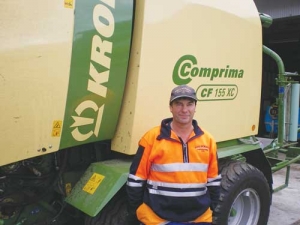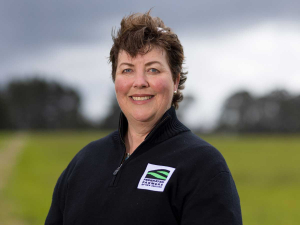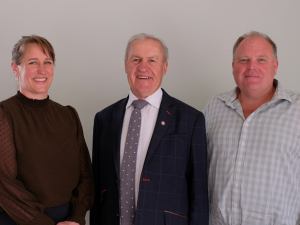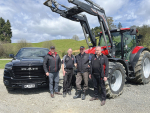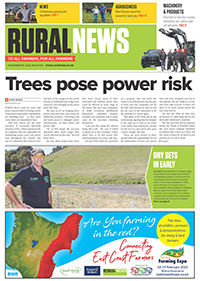The Morrattis know a quite a bit about agricultural contracting. K & G Morratti Contracting was founded 52 years ago by Ken and is now run by son Billy, who has 30-plus years under his belt.
During this time they’ve seen fads become trends. Trends develop into systems and the Morattis’ have changed their game to meet changing demands.
Today they offer a range of services – grass harvesting in bales or pit silage, effluent pumping and spreading, mulching, maize planting and harvesting. Operating out of Inglewood, their territory spreads from Awakino in the north to Hawera in the south, and employs up to 35 people at the height of the season.
The geography they cover results in a wide range of weather conditions, influenced by the sea and the mountain. The topography ranges from flat dairy pastures to small paddocks on sidling land with conditions underfoot leaning towards damp a lot of the time.
A large part of their business revolves around round bales, which offer a low cost method of conservation for the smaller producers and a way to absorb excess production for the larger, pit silage-orientated operations.
The favoured brand is Krone from Germany, which currently makes up their fleet of eight units. Asked why the business favours this particular brand, they say it is because the silage produced today is a far cry from the baleage produced 15 years ago.
“Back then the crop was probably only one day away from being hay, whereas today the crops we handle are lusher and wetter and the end product is much heavier,” Billy Morratti told Rural News. “The Krone machines cope with this type of crop much better than other brands we have tried, particularly with short, wet grass, which we see a lot of in Taranaki.”
The Krone Coprima CF155 XC that currently leads the charge is somewhat different from other balers on the market which favour rollers or belts. These machines use a rubber/fabric drive belt and slat system that ‘positively’ turns the bale in all conditions, particularly in short wet crops. The need to operate in these conditions is highlighted by the fact that in November 2014 they saw some kind of rain for 28 days on end.
At the front end of the machine is a 2.05m wide camless pickup reel. This positively pushes the grass towards the bale chamber and is quiet and low maintenance. The latter point was noted as a great benefit by Moratti, because the undulating ground in Taranaki is notoriously hard on pickups on all types of machinery.
The crop then is carried into the bale chamber by a knife rotor using 17 individually spring loaded chopping knives to achieve a nominal chop length of 42mm.
The chamber is semi-variable from 1.25-1.50m diameter, so will effectively produce bales from 8 to 15-bale equivalents. In practice 90% of the bales produced by the Moratti machines are about 10-bale equivalent. At this size output is about 35-40 bales per hour.
Once the bale is formed the system alerts the drivers and the net wrap system applies the required number of layers. Once the rear door is opened a transfer arm transfers the bale onto the wrapper table and the wrapping cycle begins. Twin satellites place six layers of film on the bale, prior to the table lowering the bale to the ground and a trip arm flipping the bale
up onto its end to await collection.
Interestingly, Moratti Contracting has been working with the Krone development team on a system that replaces the normal net wrap with a plastic film applied directly onto the bale and then followed by the normal stretch film. There is a reduction in the time taken to apply the net, but more importantly, the bale diameter is held much tighter during the transfer phase, which results in better stretch film wrap and more air exclusion from the finished bale.
Moratti says the Krone Coprima 155 XC is perfect for the Taranaki area, due to its compact dimensions, moderate weight, and ground following tandem axle system.
Quizzed about the impact of the low payout on the business in the coming season, he says farmers will resist buying bought-in supplements and make better use of the grass Taranaki can undoubtedly grow, which will undoubtedly keep Moratti Contracting busy too.





